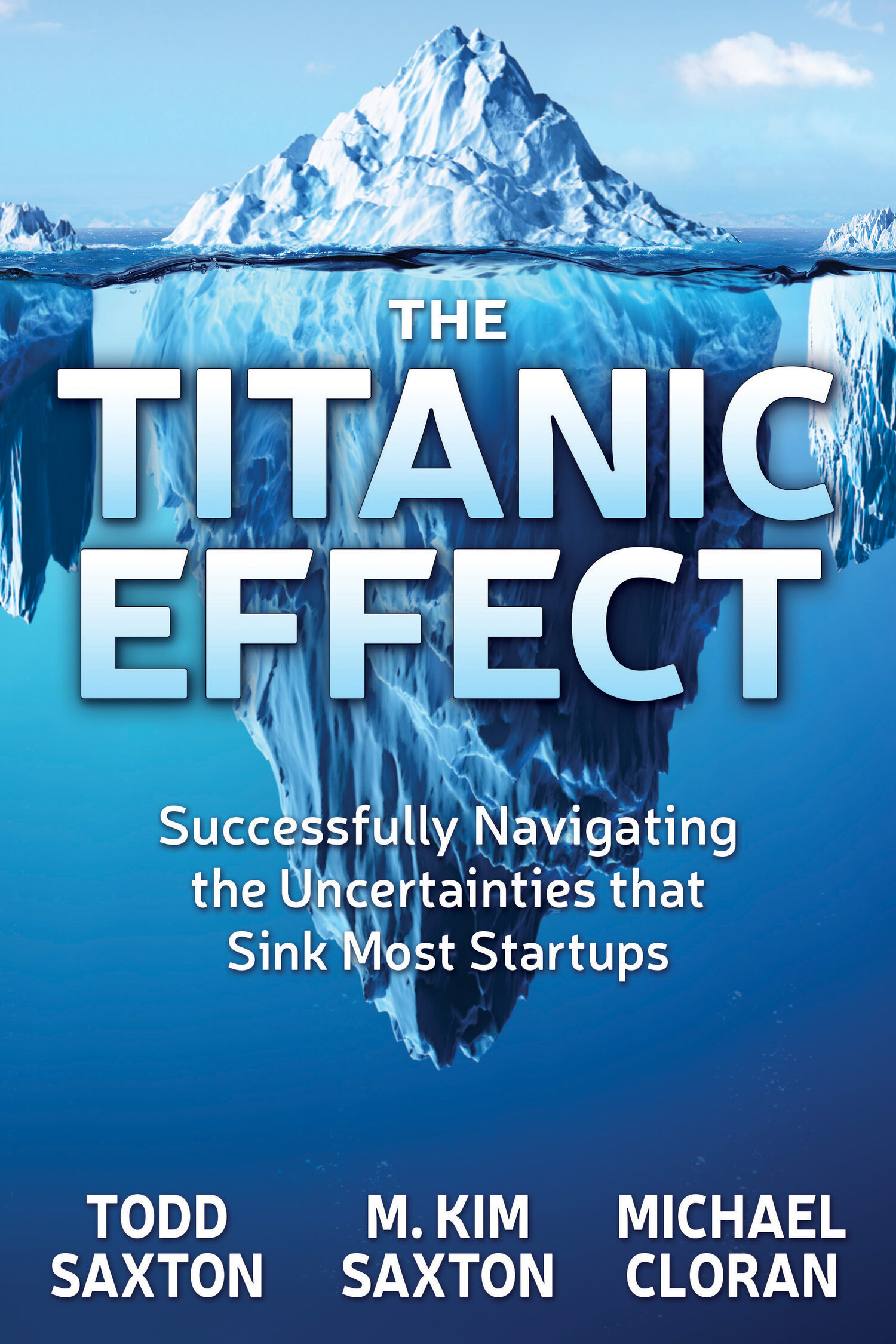Most of us have become aware of the term “mansplaining” and the negative connotations associated with it. If not, click here for a simple chart and definition. Let me help you understand why that is the case…jkJ!
Being “coachable”—having potential advisors, mentors, investors, and other advocates see you as a good listener who is willing and able to act on their suggestions — is critical for founders. It is one of the key traits I hear early-stage investors say they look for in a founding team. These advocates can make your ideas stronger. Plus, they can connect you to people and resources who can help your startup succeed. But they can also go silent or not advocate on your behalf. “Foundersplaining” can turn advocates into neutral observers at best.
Last week I had the opportunity to take a group of venture teams from our @Kelleybizmed program to @DeveloperTown for mentoring from experts in the venture community. The physician groups are developing cool venture ideas to innovate in healthcare. The session was to get feedback on their emerging ideas. I shared some ways to approach these mentors to maximize the key learnings from the interaction. Here is a short list of “Foundersplaining” behaviors to avoid:
1. Giving the 100-Floor Elevator Pitch. You hopefully are familiar with the term “elevator pitch.” Assume you get on an elevator at lobby level with someone who asks what you are working on. You need to be able to concisely and clearly communicate the essence of your venture before you reach the destination floor. Most experienced entrepreneurs and investors can grasp the essence of your venture with a brief explanation of three elements: The problem, the target customer or market segment, and the solution (in some order). “We solve the problem of XX for YY (customer segment) by providing ZZ (product or service).” Don’t then ramble on for another 10 minutes about the minutiae of the concept, with all the acronyms and technical language you think will impress. Shut up and let them ask questions that reflect their interests and expertise. If you are on floor 100, holding the door of the elevator and still talking, you are “foundersplaining.” If you follow them out of the elevator and keep talking, you’ve made it dangerous to you.
2. Not Respecting Expertise. If you find yourself saying “Let me ask you as an expert in this area: Do you see a lot of people struggling with this problem? Because I have talked with 50 customers and found…” The first part is fine. Asking for insight into the problem, or any part of their expertise, is great! But DON’T then move to stating your opinion. Let the expert speak. This is classic mansplaining behavior in a startup context. In general, if you are spending more time talking than listening, you are likely doing a combination of numbers 1 and 2.
3. Defending Your Idea. Good mentors will be critical and ask hard questions. If they don’t “get it” and/or suggest alternative directions for your idea, don’t explain why they are wrong and that their ideas won’t work. Make a note and get additional insight—“Tell me more about your concern with XX.” Make sure you completely understand the cause for their objection and listen—don’t defend.
Hopefully, these ideas help founders build rapport with and get support from potential advocates. If these behaviors do not come naturally, get help from co-founders. Most startups are a team effort. If you or a co-founder start to fall into one of these traps, consider having a “code word” (some call it a “safe word”) to signal a need to stop talking. I like the code word “mousetrap” and have used it with a number of entrepreneurs who “foundersplain.” It is easy to work into a startup conversation—e.g., “As Shelly is suggesting, we are working on a better mousetrap for YY…and would appreciate your perspective.”
Adapted from Kim Goodwin’s Flow Chart of Mansplaining
In the early stages of the startup journey, the people you build relationships with can be your greatest ally. But the human hidden debts you incur can also hold you back. Engage with potential supporters in the right way to make sure they are assets, not anchors. Subscribe below to get more tips on avoiding the hidden debts that can sink your startup.


